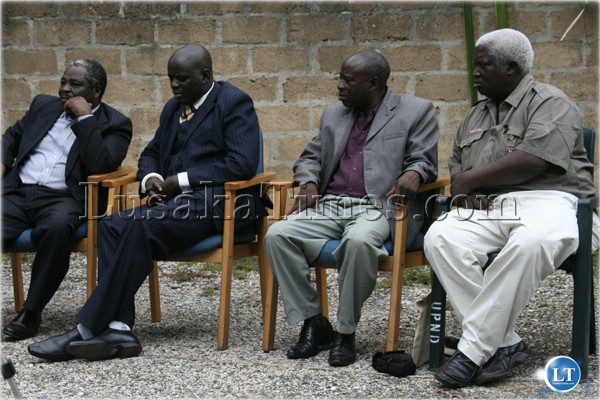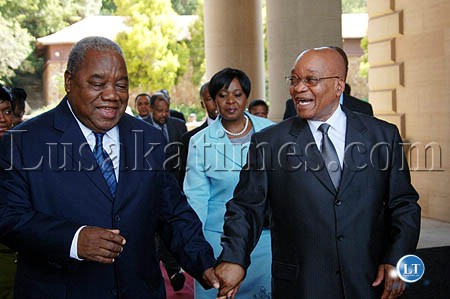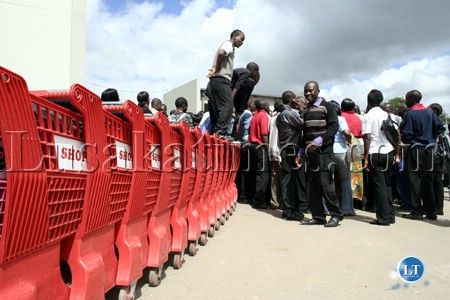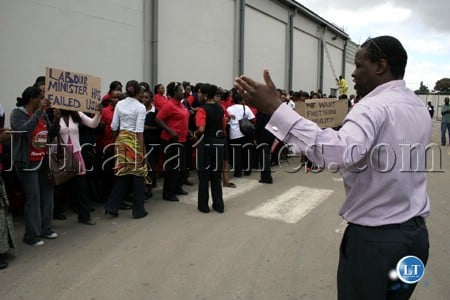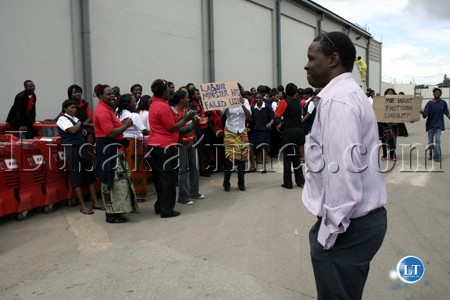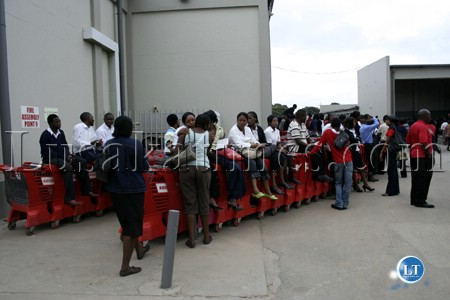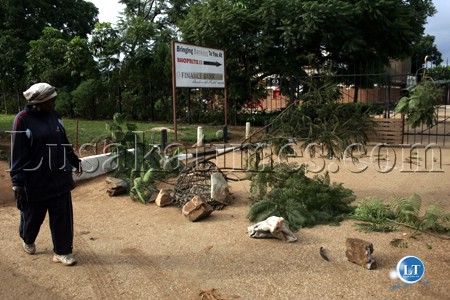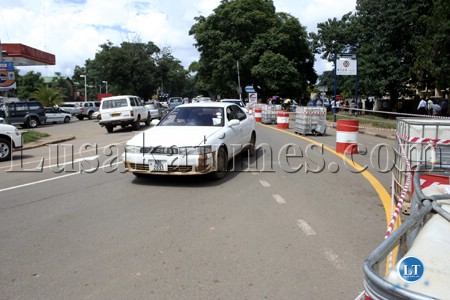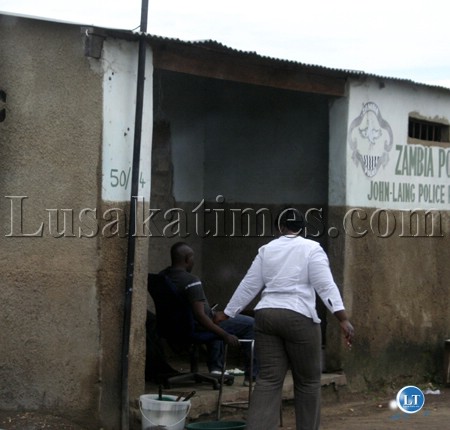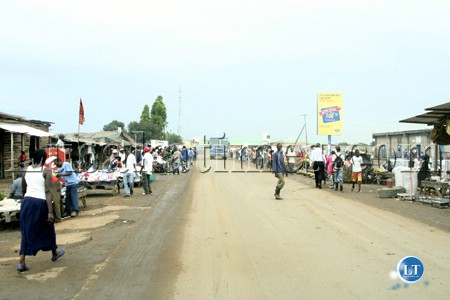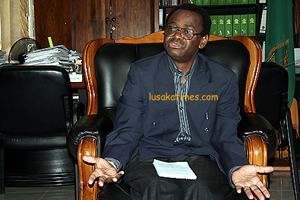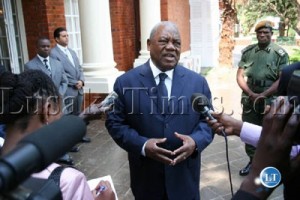
President Rupiah Banda has warned that Government would not condone any public service worker who would resist Private Sector reforms. Mr. Banda said Government’s wish was to effectively and efficiently facilitate the growth of the Private Sector in the country.
He added that all public officials must regard the Private Sector as valuable customers and should therefore fully support its role in the country’s economy. ZANIS reports that the President said this in Livingstone yesterday when he officially opened the 7th Zambia International Business Advisory Council (ZIBAC) meeting.
President Banda said Government wanted to make the business environment friendlier and that a number of decisions have since been implemented to further improve the investment climate and increase foreign investments.
‘’In addition, our overall ease of doing business ranking is now at 76 out of 183 countries. Last year, Zambia was recognised as one of the top ten reformers in the world. This is as a result of deliberate and concerted efforts by my Government to improve our investment climate,’’ he said.
He added that todate, 92 licences required to start business in the country have been eliminated, 43 reclassified and 13 amalgamated into four. He said as a result, the Private Sector had made savings of about K68.8 billion through the elimination of licences while an additional K76.5 billion had been saved through the reclassification of 38 local government business permits into a single business levy. Mr. Banda said Government, last year (2010) alone, attracted investments worth US$2 billion and 18,000 businesses were registered.
He said the theme of ZIBAC ‘’Investment for jobs and wealth creation’’ was a fitting reflection of the Government’s determination to attract quality investment into the country for the ultimate purpose of creating jobs and wealth for the people.
President Banda said Government had in the last decade recorded impressive economic growth alongside significant investment inflows. ‘’Zambia has in the last decade recorded impressive economic growth alongside significant investment inflows. The challenge we face however, is to translate this investment into jobs and wealth creation for all. I am sure you will agree with me that the best way to win the fight against poverty is to create quality jobs for our people and my Government is determined to do just that,’’ he said.
[pullquote]The challenge we face however, is to translate this investment into jobs and wealth creation for all. I am sure you will agree with me that the best way to win the fight against poverty is to create quality jobs for our people and my Government is determined to do just that,’’ he said.[/pullquote]
He noted that while foreign direct investment had resulted in new jobs for Zambians, the level of unemployment particularly amongst the youth was still a serious concern for the Government.
He said Zambia was a country with a youthful population for whom Government had to provide opportunities where the youths could either become entrepreneurs and subsequently become employers or employees as investments opened up more jobs for them.
Mr. Banda said Government was also investing in expanding the road and railway networks and trade facilitation infrastructure such as ultra-modern borders and weigh-in-facilities.
He said other developments includeded farm blocks, multi-facility economic zones and the optic fibre network. The President added that Government had the political will and commitment to further the reform process and would continue to do so in the future.
Speaking earlier, ZIBAC Chairman Lord Simon Cairns said the Private Sector and Government have to work together, if the poverty levels were to be reduced. Lord Cairns also called on Zambia and other African countries to seriously think of engaging in intra-trade among the countries on the continent.
He said there was need to enter into a painful adjustment of cooperating within the region and consequently entering into a free trade zone. He said Zambia had the huge potential of water for agriculture and therefore, she was capable of becoming a food basket in the region.
Lord Cairns said progress had been made in electricity power generation but noted that the country should not only become self sufficient in electricity but should also become a major exporter of the commodity in the region.
He however, bemoaned the fact that Zambia was not known in many fields as it should and added that the country’s economic successes were not broadly advertised.
ZANIS



